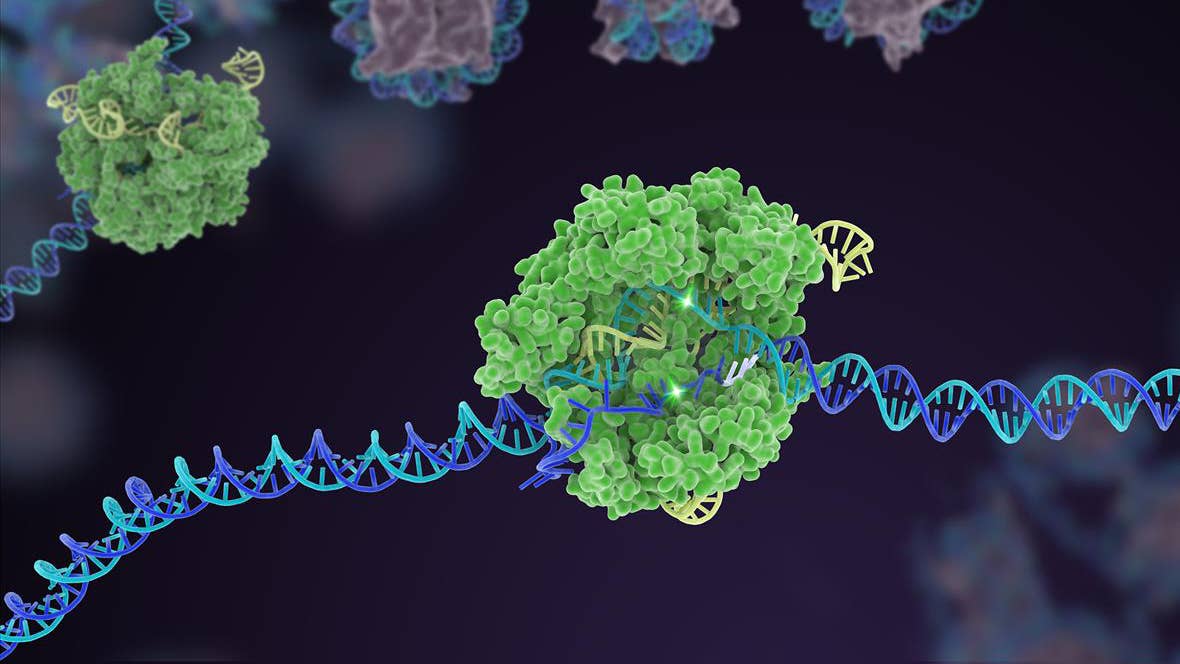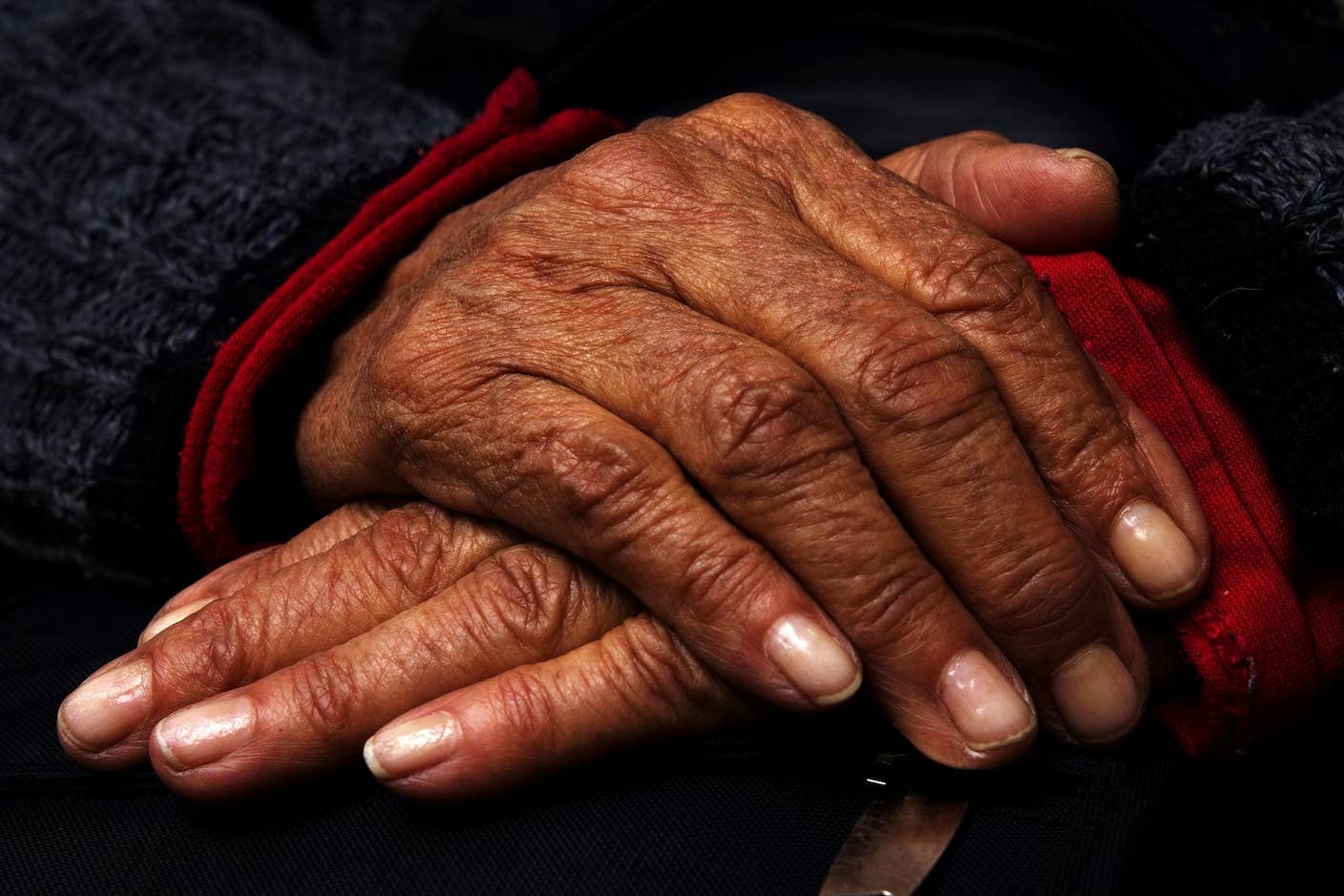Lung Cancer Patient First to Undergo CRISPR Gene Editing

Share
The CRISPR-Cas9 “drag-and-drop” gene editing technique has been used in its first human trial, reports Nature. Scientists at Sichuan University in Chengdu, China began a trial last month to treat a lung cancer patient.
"Earlier clinical trials using cells edited with a different technique have excited clinicians. The introduction of CRISPR, which is simpler and more efficient than other techniques, will probably accelerate the race to get gene-edited cells into the clinic across the world, says Carl June, who specializes in immunotherapy at the University of Pennsylvania in Philadelphia and led one of the earlier studies.
'I think this is going to trigger "Sputnik 2.0", a biomedical duel on progress between China and the United States, which is important since competition usually improves the end product,' he says."
By using CRISPR to disable a gene in the patient’s immune cells—a gene that slows the immune response and allows cancer to spread—the researchers hope to see whether they can reprogram those cells to not only resist, but fight back against the cancer.
Be Part of the Future
Sign up to receive top stories about groundbreaking technologies and visionary thinkers from SingularityHub.


For more on CRISPR:
Experienced director of digital marketing and digital brand strategies with a demonstrated history of working in the startup, technology, and agency spaces, both as a co-founder of a nonprofit startup and as a director in a global organization. Particularly skilled in social media strategies, content marketing, and brand strategy.
Related Articles

Souped-Up CRISPR Gene Editor Replicates and Spreads Like a Virus

Your Genes Determine How Long You’ll Live Far More Than Previously Thought

Google DeepMind AI Decodes the Genome a Million ‘Letters’ at a Time
What we’re reading